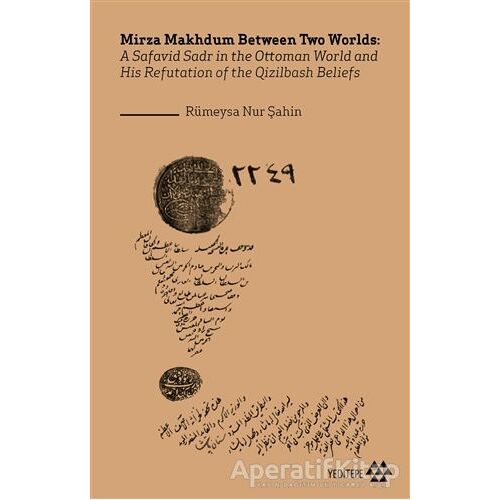Hiç mesaj bulunmadı
| Ödeme Türü | Toplam Tutar |
|---|---|
| Diğer Kredi Kartları | 120.00 TL |
| Havale / Eft | 120.00 TL |
| Posta Çeki | 120.00 TL |
- Vade farksız taksitler KOYU renkte gösterilmektedir.
- X+X şeklinde belritilen taksitler (Örneğin: 2+3) 2 taksit olarak işleme alınmakta ancak ilgili bankanın kampanyası dahilinde 2 taksit üzerinden işlem yapıldığı halde 2+3 yani 5 taksit olarak kartınıza ve ödemenize yansımaktadır. (2 taksit seçilmiş olsa bile banka kampanyası dahilinde ekstradan vade farkı eklenmeden işlem 5 taksite bölünmektedir.)
Mirza Makhdum was one of the most interesting characters of Ottoman history. He was a high-ranking bureaucrat in the Safavid State, but after taking refuge in the Ottoman Empire, he began a career as a judge in Diyarbakir, Tripoli and Haramayn in the late sixteenth century. He lived with a dilemma not only in the countries in which he lived, but also in his family life. Since, his mothers side is Sunni, his fathers side is Shi’a. His work on the Qizilbash titled Al-Nawaki? li-Bunyan al-Rawafi? is crucial to understand the era.
This study indicates the identity crisis of Mirza Makhdum via investigating the Sunni-Shia conflict through the eyes of a scholar and tries to understand how a scholar from Iran has reached high ranks in the Ottoman Empire. Also,this study provides an exciting opportunity to understand the Safavid policy in the sixteenth century, the bureaucracy in the ilmiye class and the attitude of the Ottoman bureaucrats towards the Safavid scholars.



